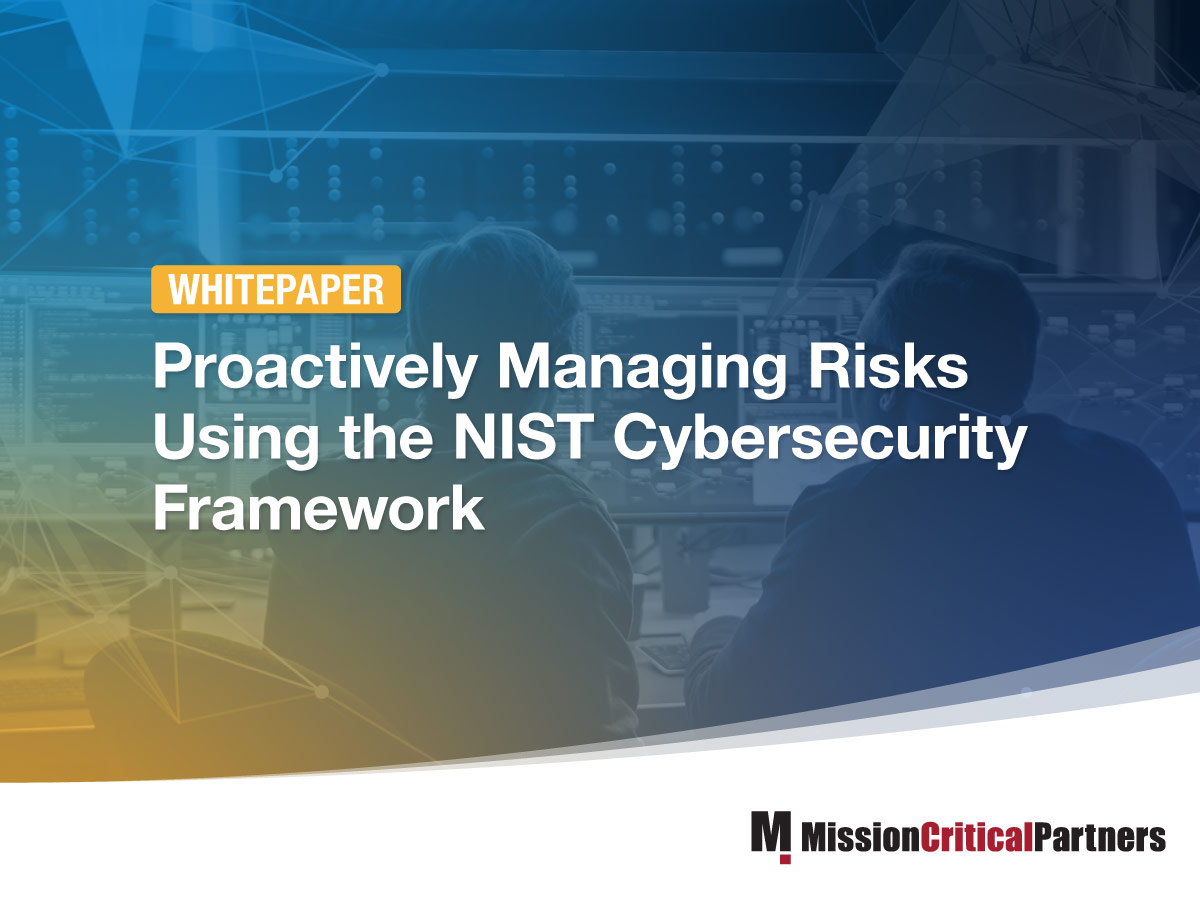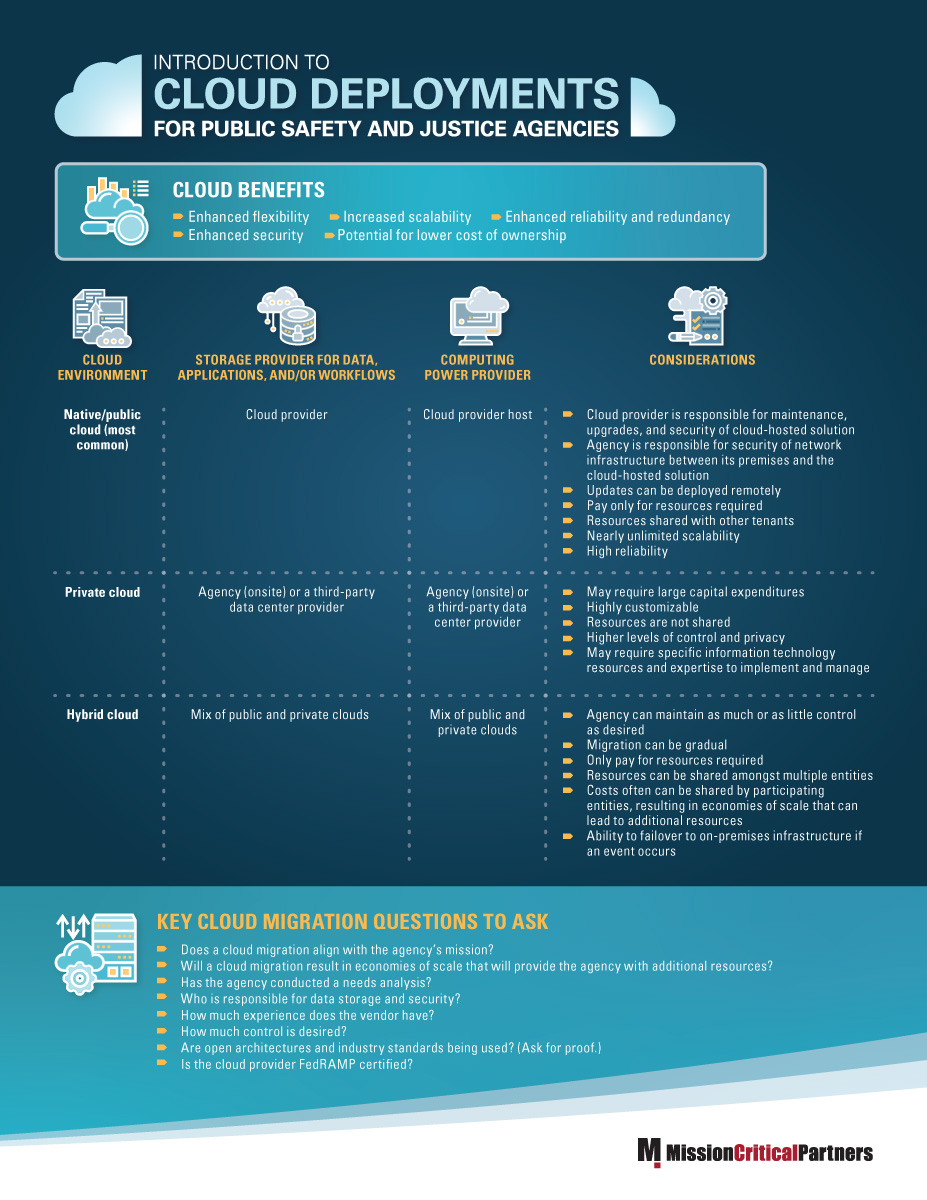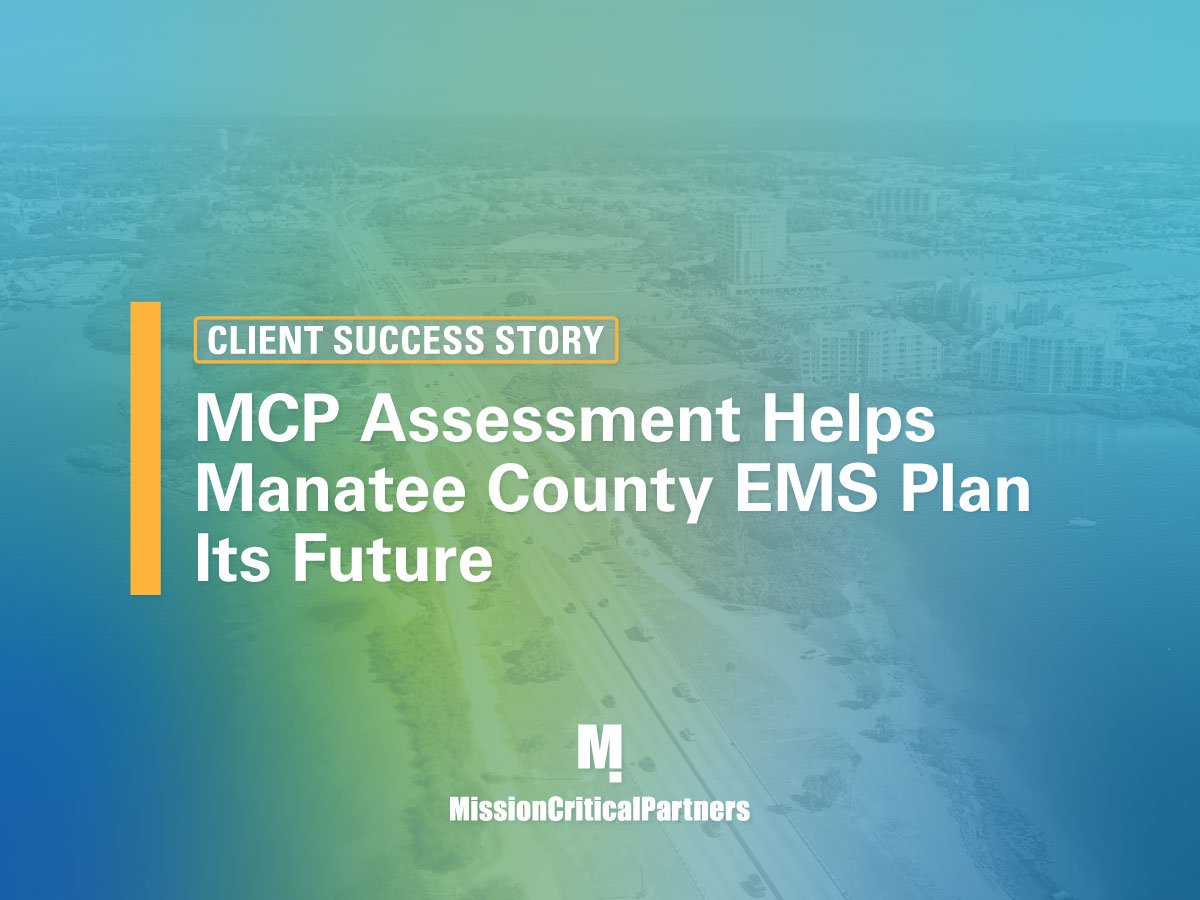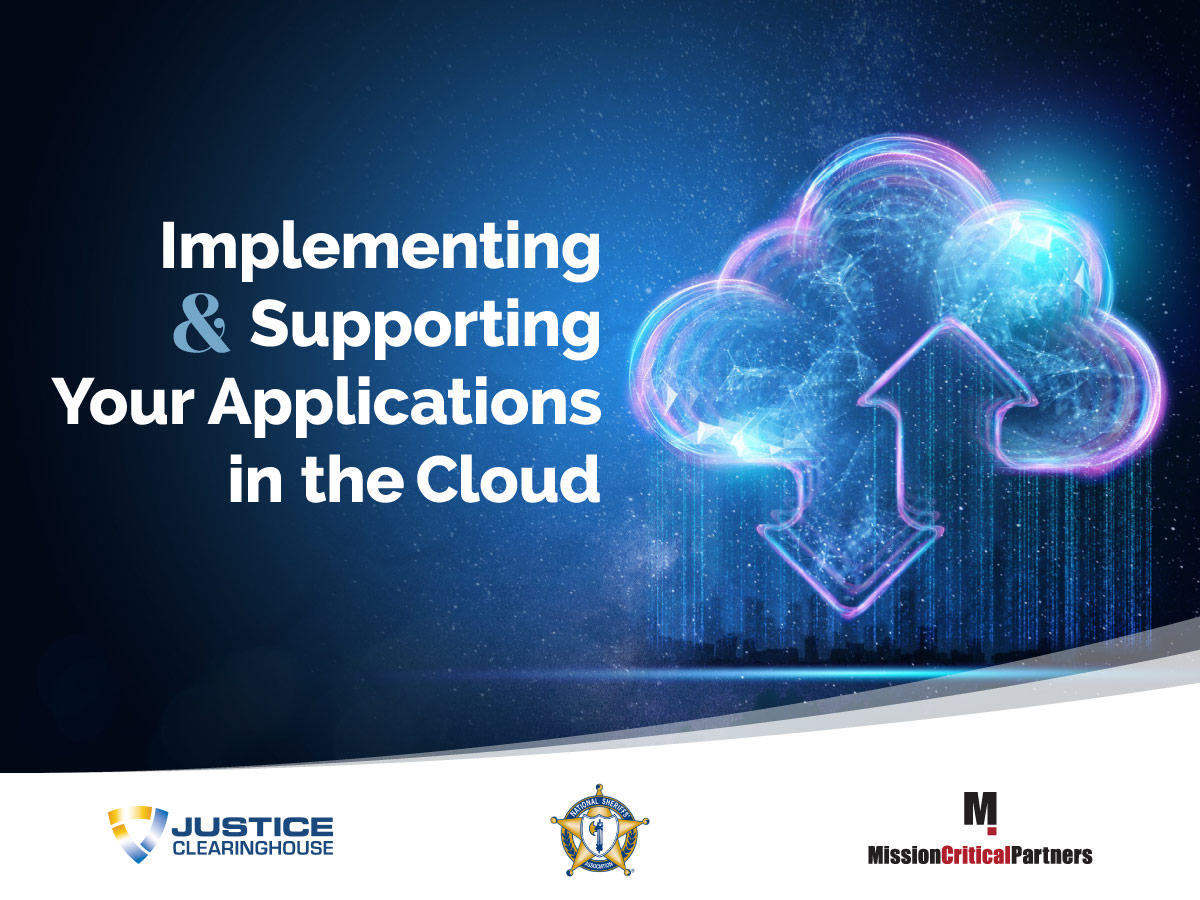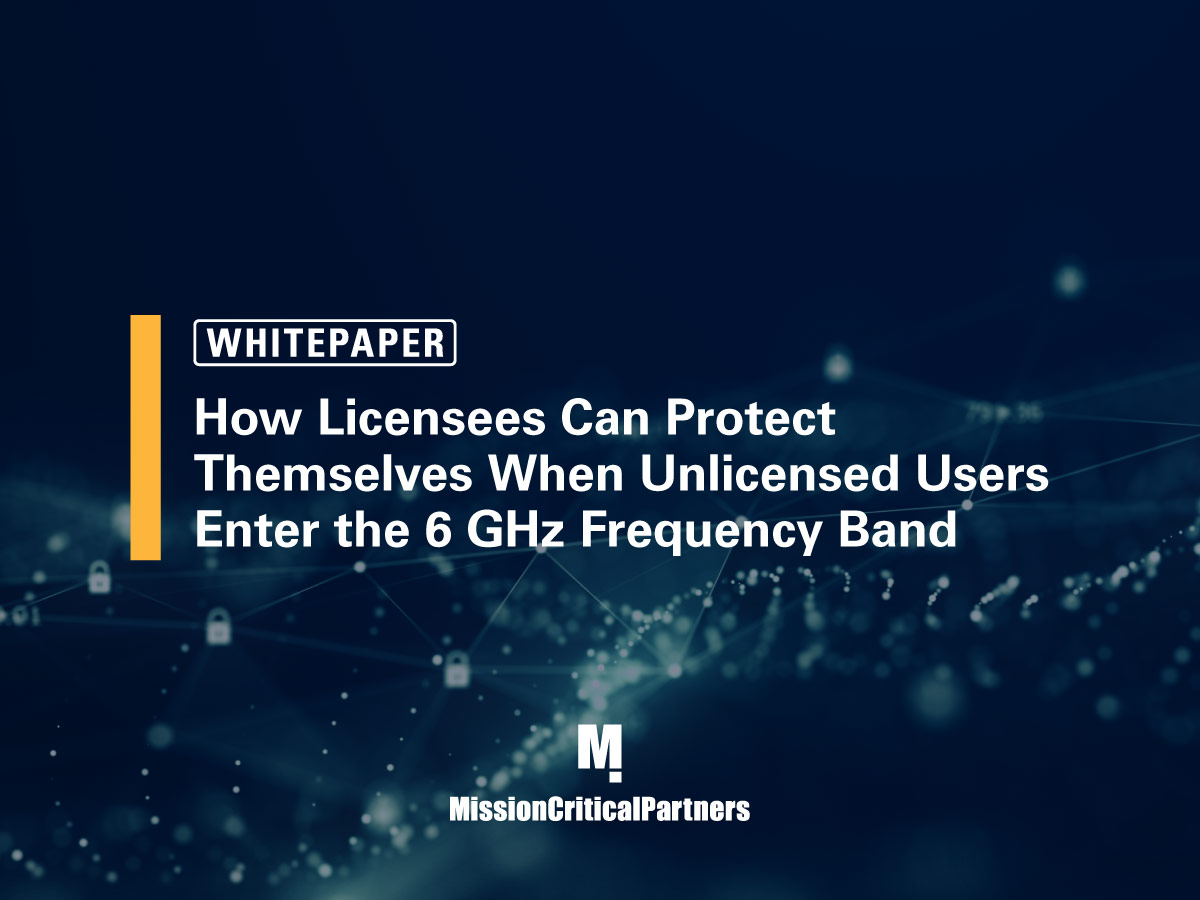MCP Podcast Network Episode 10: Benefits of Cloud Implementations for the Public Sector
MCP's informational podcast series features the firm’s subject-matter experts and other industry leaders exploring a wide range of timely topics pertaining to mission-critical communications.
In this episode of the Mission Critical Partners Podcast Network, we discuss the benefits of cloud implementations for public sector organizations. We are joined by three Mission Critical Partners, Eric Caddy, Vice President and Director of Network at 911, Jamie Sullivan, senior technical specialist, and Gary Pulford, Director of Product Management.


